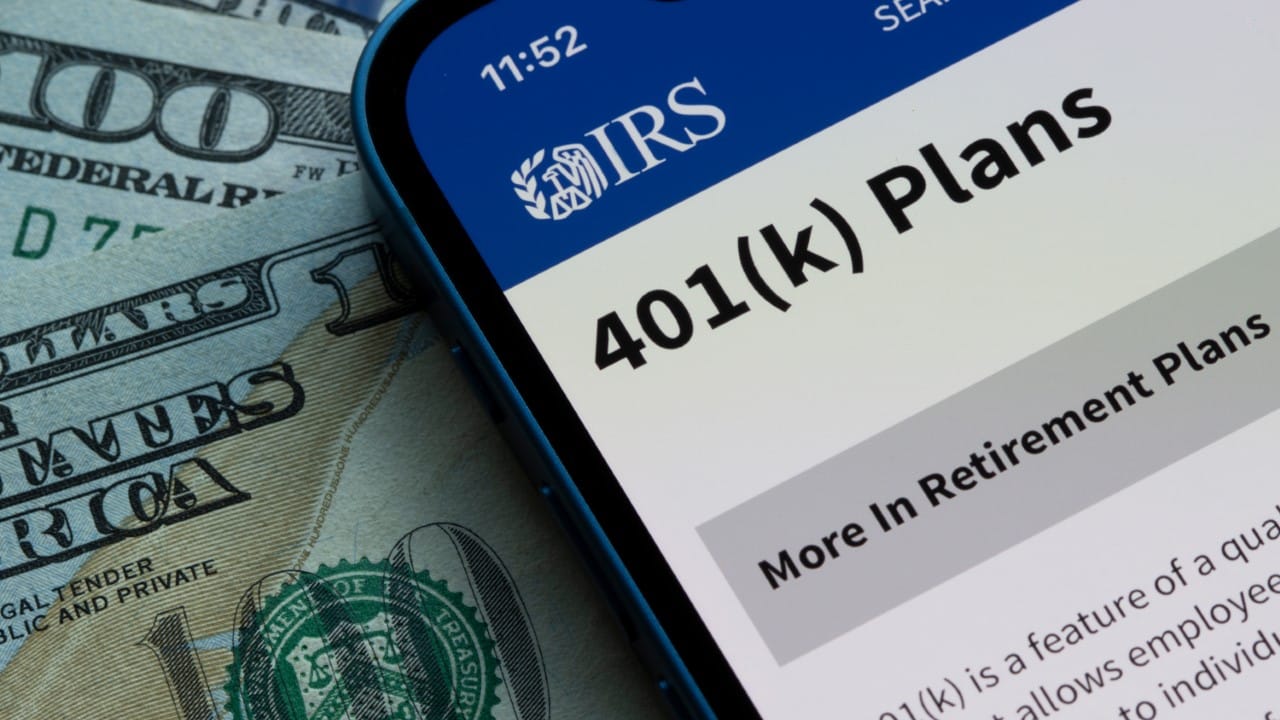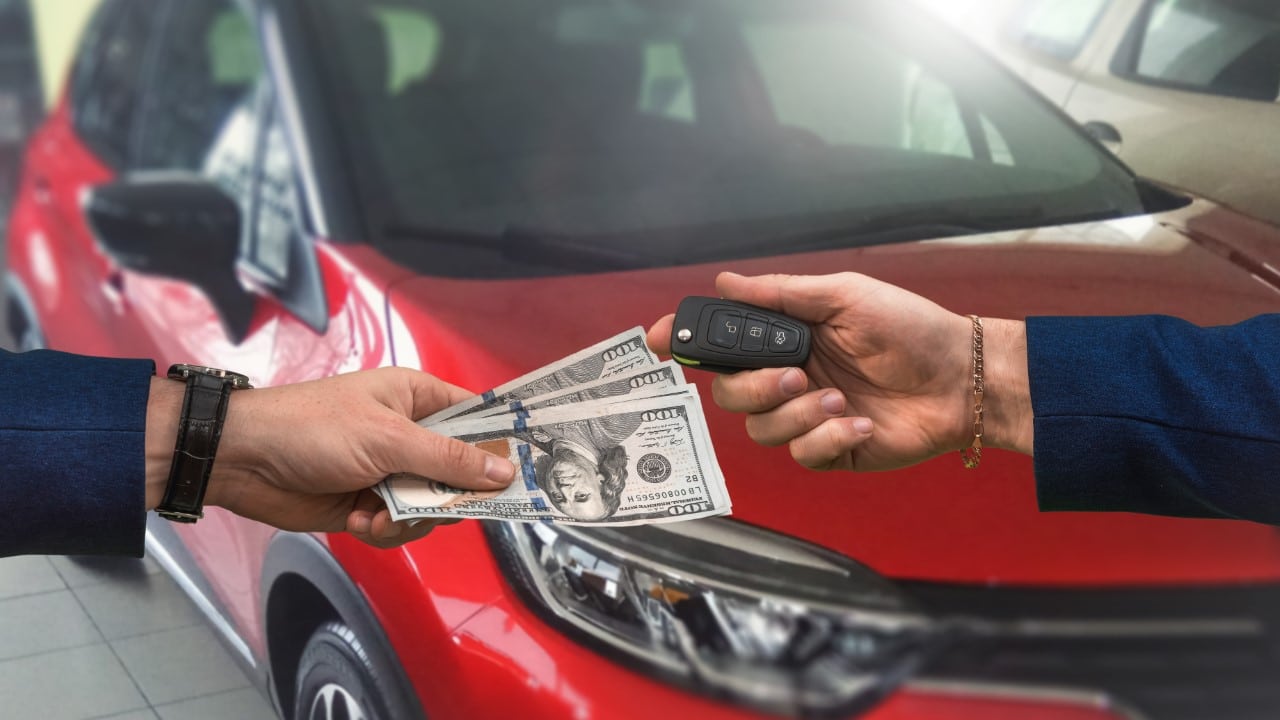Everyone has an opinion regarding finances, especially what someone else should do with their money. Family and friends offering suggestions mean well, but you must take what they say with a grain of salt. Sometimes, their counsel is sensible, but the advice is often terrible, and you should proceed with caution. Avoiding these financial pitfalls can save you a lot of money and headaches.
1. Invest in Cryptocurrency

In recent years, cryptocurrency has been the rage among individuals seeking a rapid and high rate of return on their initial investment and those new to investing money. While the rewards from crypto investments are attractive, they come at an increased risk. Crypto isn’t federally insured like bank deposits; if a crypto company shuts down, there’s a low chance of recovering the money.
2. Buy Everything on Credit

There’s nothing wrong with building up a credit score, especially when you’re just starting out financially. But using credit cards for every large and small purchase is a surefire way to accumulate massive debt that takes ages to pay off. It’s better to have a few credit cards used sparingly, with the balances paid in full each month or as quickly as possible.
3. Borrow From Your 401k

Borrowing money from your 401k to pay down debt or as a down payment on a house or car is one of the worst things a person can do. It’s stealing from your future when you no longer work and rely on 401k proceeds to pay your living expenses. Plus, depending on your age, you may owe taxes on that money. Think hard before dipping into your retirement fund.
4. Open Multiple 0% APR Credit Cards

Credit card companies lure new customers in with the promise of zero-interest credit cards. Those offers are appealing and can save card users a good amount of money each month. However, there’s always a catch. It’s usually an introductory rate that is good for at least twelve months before it reverts to a higher interest rate. If you’re not careful, you could end up in more debt than you bargained for.
5. Buy a House

Many homeowners claim buying a house is the best big-ticket purchase ever because they’re building equity and wealth. They’ll also argue that people paying rent are throwing away their money. There are benefits to both home ownership and renting. But houses can cost owners a lot of money, especially in taxes, insurance, and home repairs. Buying a house is only the best choice for some.
6. Max Out Student Loans

In a perfect world, a post-secondary education would be affordable enough to make student loans unnecessary. That’s not the case, at least in the U.S. If students need to take out federal loans to pay for their education but borrow more than they need, they receive a refund check from the school. They’ll also have a bigger balance to repay after finishing their education. It may seem like cheap money at the time, but it won’t feel that way when those monthly loan payments kick in.
7. Only Use a Savings Account

Of course, having a savings account to set aside extra money is a wise decision. However, many traditional savings accounts accrue very little interest. Investing that money into different types of accounts, such as high-yield savings accounts (HYSAs) and certificates of deposit (CDs), is a better choice. A professional financial advisor can provide guidance on how to save money with higher returns and low risk.
8. Buy a Timeshare

Timeshares are one of the worst real estate investments out there. Buyers share ownership with multiple other owners for the rights to use the property during predetermined or reserved dates. They are notoriously inflexible when changing the dates the property is available and are difficult to sell. You’re better off paying for a yearly vacation than investing in a timeshare.
9. Spend It

It’s easy for people to make an impulse purchase or justify buying an expensive item by telling themselves they’ve worked hard and deserve to treat themselves. It’s also an easy way to rack up unbelievable amounts of debt. No one is advocating for a life of austerity. Still, setting aside money for a rainy day instead of spending it because it’s there will pay off in the long run.
10. Don’t Pay Off Your Mortgage Early

Suppose you’re a homeowner, especially one with a 30-year mortgage. In that case, you can expect to pay a considerable amount of interest during the life of the loan. If you can pay it off early, even by a few years, you’ll realize incredible savings that can be used elsewhere. When was the last time you heard someone say they missed making mortgage payments?
11. Avoid Professional Advice

Retaining the services of a professional financial planner or advisor is for more than just the super-wealthy and upwardly mobile. A trained financial professional can help you manage your finances by setting goals, investing, and planning for future expenses. Their expertise can provide options you may never have imagined were available. Talking to a financial expert is well worth the time.
12. Put Off Saving Until Later

This refrain has, unfortunately, passed down to youths across generations. They’re told that saving money while young doesn’t matter because the higher incomes they’ll earn later in life will make up for it. The truth is, there is no such thing as being too young to start setting money aside. There’s also no guarantee of higher earnings in the future, so it’s best to save early and often.
13. Max Out Pre-Approved Mortgages

Some prospective homebuyers feel compelled to find a house that costs the same amount when pre-approved for a mortgage. Maxing out the pre-approved mortgage amount guarantees a higher monthly payment unless they make a hefty down payment. Instead of buying the house for the pre-approved amount, it’s best to buy the house with a monthly obligation that’s manageable, especially in the event of a job loss or other catastrophic event in the future that affects one’s income and ability to pay.
14. Lease a Car

Leasing a car isn’t totally bad advice. Car lease contracts only last a few years and usually have specific terms, such as maximum annual mileage limits. If you like having a new car every couple of years and can keep the mileage low, then leasing a vehicle may be the best choice. Financing is an option if you’re a high-mileage driver and want to own the car eventually.
15. Always Buy New

Buying new is only sometimes necessary and can be quite expensive. There are some things in life you absolutely must buy brand new, like underclothes and mattresses. But many things can be purchased as used and are perfectly functional, not to mention economical. Buy designer clothes and shoes at thrift and consignment shops. Refurbished used appliances and gently used furniture can also be purchased for pennies on the dollar.
The post 15 Terrible Tips That Could Wreck Your Finances first appeared on Liberty & Wealth.
Featured Image Credit: Shutterstock / Ground Picture.
The content of this article is for informational purposes only and does not constitute or replace professional financial advice.

